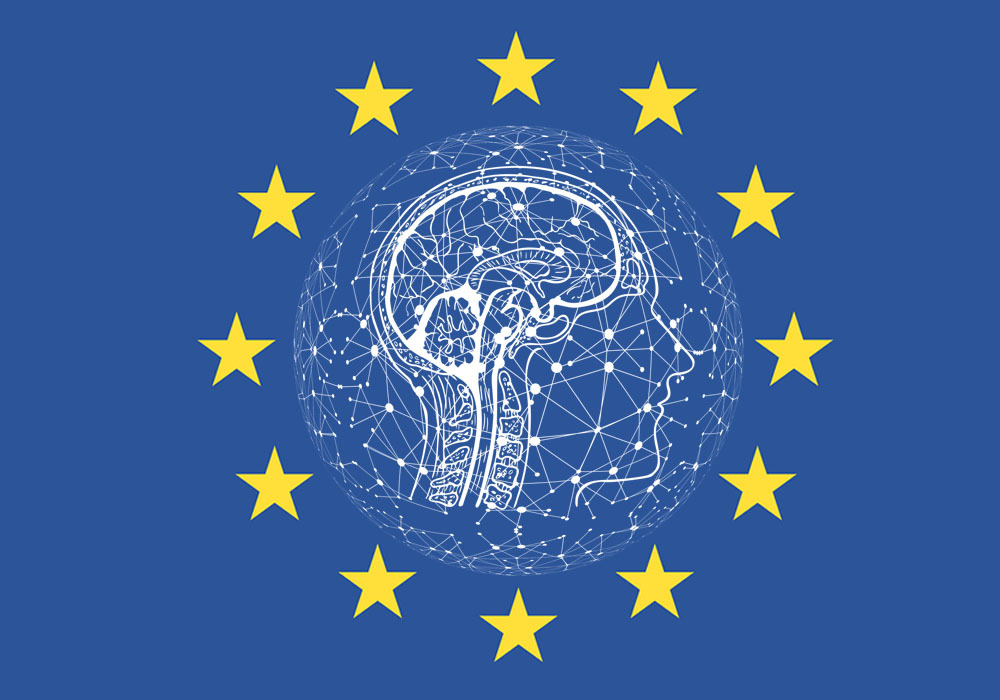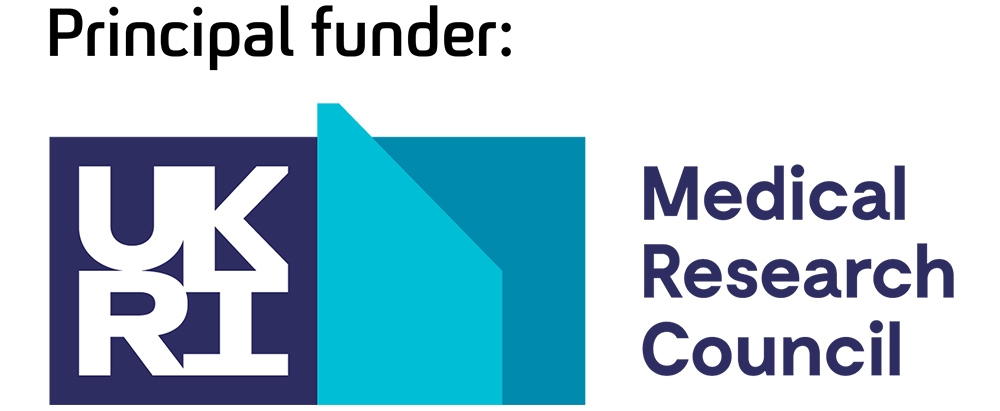Horizon Europe is the largest research funding programme of its kind in the world, with a research budget of €95.5 billion.1 The UK is no longer automatically entitled to participate following our exit from the EU in 2020, but the Trade and Cooperation Agreement (TCA) provided for the UK’s continued association to certain EU science programmes. However, this agreement has since been complicated by political issues, especially the Northern Ireland protocol, and as a result the UK’s association to Horizon Europe has been subject to delays and ongoing uncertainty.
In 2021, the UK Government established the Horizon Europe guarantee scheme, which provides funding for successful UK Horizon applicants while the UK is still in the process of associating. Under this scheme, the UK has remained one of the most successful groups of applicants for prestigious European Research Council (ERC) funding, securing 70 Starting Grants and 45 Consolidator Grants in 2022, second only to Germany.2,3 This demonstrates the strength of UK science and the appetite for ongoing participation in Horizon Europe.
The UK Government has rightly stated its intention to secure full association to Horizon Europe as soon as possible, and in 2023 the Windsor Framework removed the most significant political hurdle to this. At the UK DRI, we are unequivocal that the UK’s full association to Horizon Europe is our best hope for scientific breakthroughs in dementia. We support immediate association to Horizon Europe for the following reasons:
- Horizon Europe is a major funder of dementia research, spending €574M on dementia research projects in 2020.4
- Horizon Europe helps scientists to collaborate internationally by providing ready-made routes for multilateral research projects. These avenues, which enable researchers from multiple countries to collaborate and access joint funding, would be challenging, if not impossible, to replicate domestically. Horizon Europe is the biggest multilateral research programme in the world, facilitating international collaboration on the scale needed to drive progress.
- Membership of Horizon Europe is essential if the UK is to attract the best international scientific talent. At the UK DRI, one third of our Group Leaders relocated to the UK to take up their positions, and our ability to attract the very best candidates was critical to our early success. The loss of access to such a large and prestigious funding programme would damage the UK’s ability to attract the brightest minds to work here and contribute to our domestic scientific programmes.
- The prestige of Horizon Europe funding helps UK scientists to launch major careers. Professor Tara Spires-Jones, a Group Leader at the UK DRI in Edinburgh, received an ERC Consolidator Award in 2017. She said:
“The award has definitely been transformational for my career in the UK. After returning from the US, I didn’t know anyone working in neuroscience and I was finding it hard to break into the UK funding streams. The ERC Award changed everything. It helped me to hire people, access the equipment I needed, and most importantly it was long-term funding, which allowed me to do more with my ideas. I’m certain that without it, I wouldn’t be where I am today.”
1. Commission, E. & Innovation, D.-G. for R. and. Horizon Europe, budget: Horizon Europe - the most ambitious EU research & innovation programme ever. (Publications Office of the European Union, 2021). doi:doi/10.2777/202859.
2. ERC. ERC Starting Grants 2022 List of Principal Investigators selected for funding. https://erc.europa.eu/sites/de... (2022).
3. ERC. ERC Consolidator Grants 2022 List of Principal Investigators selected for funding. https://erc.europa.eu/sites/de... (2023).
4. Alzheimer Europe. Horizon Europe research programme. https://www.alzheimer-europe.o... (2021).
Statement published June 2023


